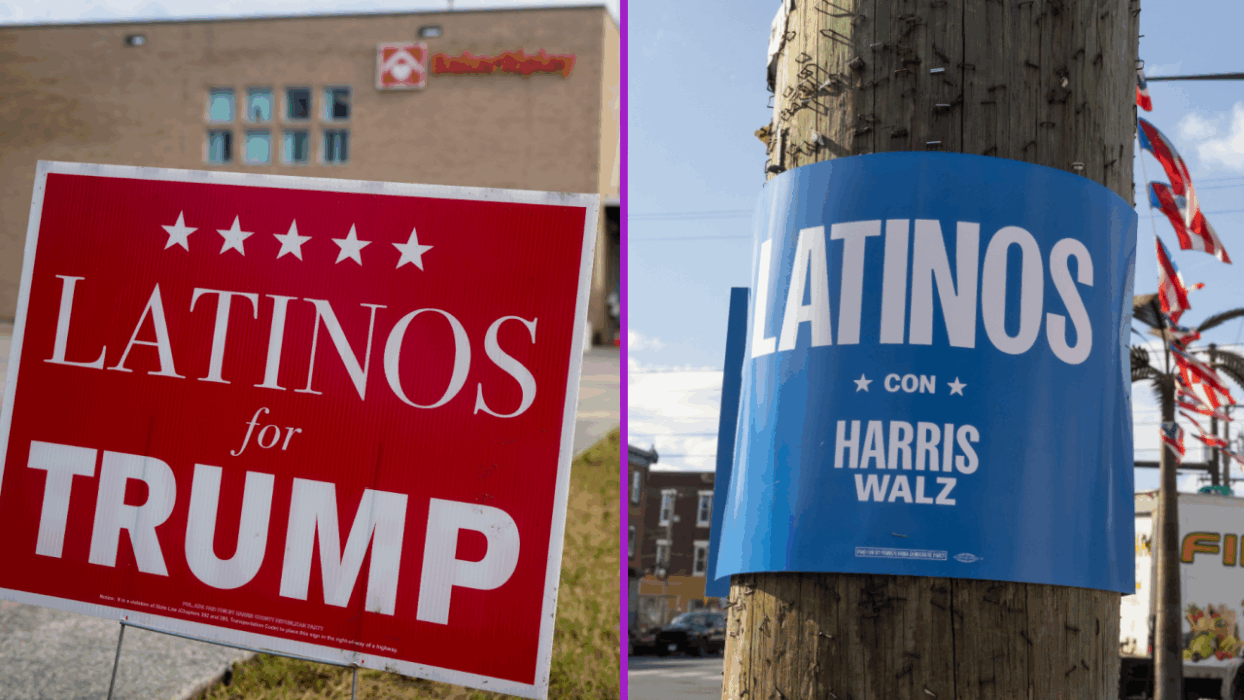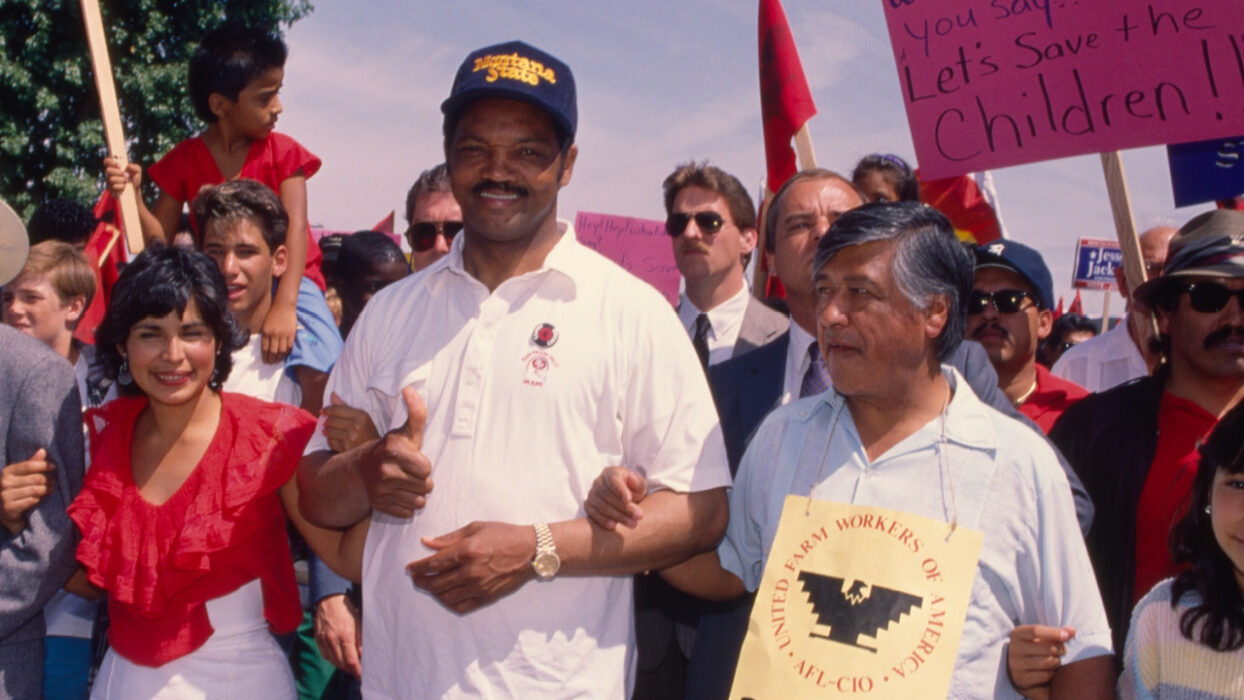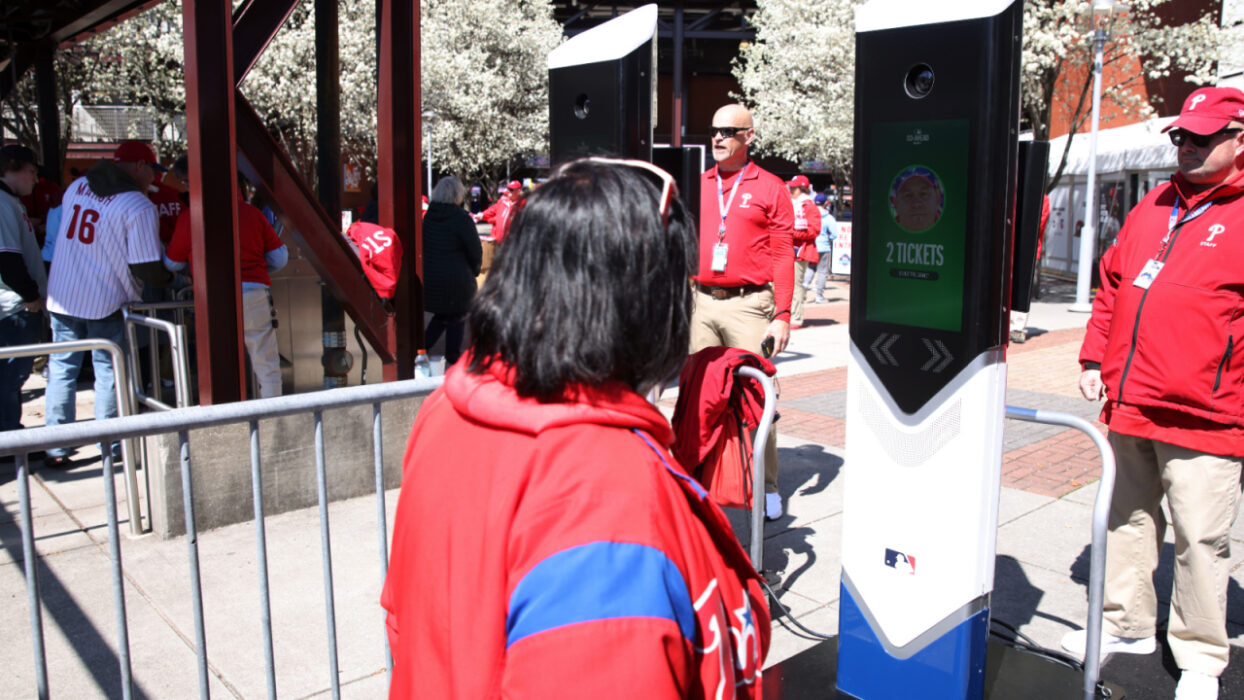
Latino Immigrants Show Up Big During LA Fires—‘You Don’t Need Papers to Help’
Over the last week, thousands have watched their homes go up in flames in Los Angeles, California. Dry conditions and potent Santa Ana winds caused several fires take over. As firefighters continue fighting to extinguish the fires, Latino immigrants joined forces to smother the flames while safeguarding their livelihoods.
In a video by FlowerinSpanish, farmworkers are seen standing by strawberry fields as smoke, flames, and high-speed winds blow away boxes. The organization wrote in the caption, “Farmworkers deserve so much better for all they endure. I want to see all of you fighting for these beautiful human beings when the time comes.”
For years, Latino farmworkers, primarily undocumented, have suffered through dangerous conditions during California wildfires. This is in part due to a lack of protections for essential workers. This time around, conditions haven’t changed.
In addition to farmworkers braving the wildfires, Latino immigrants around Los Angeles County are gathering to support their neighbors and community.
Latinos in Los Angeles gathered hoses and buckets to help extinguish fires in nearby neighborhoods
When the Eaton and Palisades fires erupted on Tuesday morning, Latino immigrants living in Los Angeles took action in their neighborhoods to help. Due to the massive number of fires happening simultaneously, firefighters could not tend to every neighborhood in time.
NPR’s Morning Edition reported that groups of Latino immigrants gathered to extinguish the fires and help their neighborhoods.
“We came to help our neighbors so the fires don’t keep spreading,” Hilda López, a resident of Sacramento Street, told reporter Adrian Florido. López was pouring buckets of water on the lawn of her neighbor’s home, which was still standing, despite not knowing whose home it was.
Around 20 Latinos collected buckets and hoses to scoop water from swimming pools and douse the flames. Some people even came from other neighborhoods to help out. Including undocumented Guatemalan immigrant Maria García, who gathered her children to help those devastated by the fires. She told NPR she couldn’t sleep knowing others were losing their homes.
“I couldn’t sleep so I told my kids ‘let’s go help out and see what we can do,'” she said. “I also called others and my siblings, and we gathered a few people to come.”
When asked why they would come to a neighborhood that wasn’t theirs, Garcia claimed the principles and values her parents taught her came first.
Another Mexican immigrant, Juan Carlos Pascual Tolentino, unloaded work hoses and shovels from his gardening business to help a group of people trying to put out a fire in their home.
“You don’t need to have papers or be a US citizen to help others. When you support someone you strengthen them, when you stop and ask ‘do you need a hand?’ they’ll remember that,” Pascual Tolentino said.
Farmworkers claim they feel pressured to continue working for fear of losing their jobs
In Los Angeles County, 48.6% of the population is made up of Latinos, according to 2020 Census data. Among those, a large portion comprises essential workers, many tending to farms. With wild fires becoming an ongoing issue in California, farmworkers and undocumented immigrants continue facing a harrowing crossroads—maintaining job security while staying alive.
These fires are not the first to keep workers in danger or from earning wages. In 2024, several reports from the Los Angeles Times and The Washington Post dug into fires’ effects on field workers.
A 2018 article covering the Thomas Fires by the Washington Post showcased how farm workers were told to work faster to protect crops from wildfire ashes despite public health officials’ orders to keep people indoors.
“They don’t care about our health,” Santiago, a 34-year-old farmworker, told the publication. “They just care about the strawberries.”
In the 2024 Mountain Fire in Ventura, California, 805 Undocufund released a needs assessment of the field and domestic workers affected. They received over 2,500 responses, with 72% claiming they lost wages due to air quality, school closures, and other factors forcing them to leave their jobs. Additionally, 14% were evacuated.
Even more, undocumented farmworkers face a dire reality as they don’t qualify for federal unemployment or disaster benefits.
As Los Angeles rebuilds, Latinos are expected to be at the forefront of reconstruction
After the tumult of the fires pass, Los Angeles is looking at the long road to recovery ahead. Iconic areas of the city are unrecognizable, with the Pacific Coast Highway to Sunset Boulevard in shambles. Although it will take a while for the city to figure out its reconstruction projects, Latinos are expected at the forefront of rebuilding LA.
Figures from a 2020 American Immigration Council report state that 43 percent of California construction workers are immigrants. The majority of workers are Mexican or of Mexican origin. As Washington Post writer León Krauze noted in a recent opinion piece, immigrant labor has been vital in the U.S. as natural disasters and tragedy have devastated cities.
In 2017, when Hurricane Harvey destroyed Houston, over half of the construction workers rebuilding the city were undocumented immigrants. Despite their labor, many faced harsh conditions, wage theft, and a lack of proper safety equipment. Consequently, immigrants have aided reconstruction efforts in Florida after Hurricane Ian in 2022. That’s not to mention the great impact immigrant workers had on the economy during the COVID-19 pandemic.
“Immigrants are the engine of construction in Los Angeles,” local designer and building consultant Santiago Ortiz told Krauze. “Without immigrants working the most critical trades in the industry, we won’t be able to rebuild what we have lost over the last three days.”




